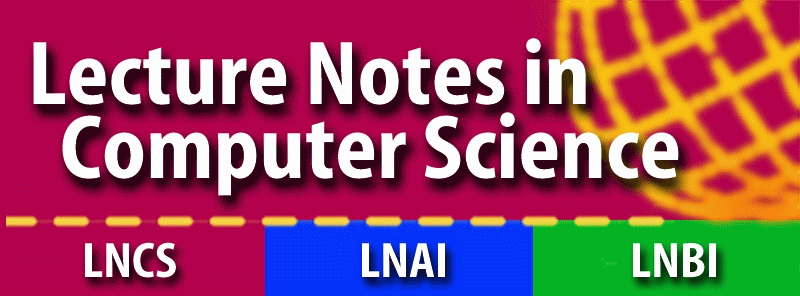The Twenty-ninth International Workshop on Security Protocols will take place from Wednesday, April 10th to Friday, April 12th in Brno, Czechia. As with previous years, attendance at the International Workshop on Security Protocols is by invitation only. How do I get invited?
Important announcement
Unfortunately, due to organizational issues, we will not be able to proceed with the Workshop as planned in 2024. Please keep your paper proposal handy: we will soon release a call for proposals for the 2025 workshop, to be held in Cambridge.
Theme
The theme of the 2024 workshop is: Ghost in the Protocol — Security Protocols and AI
Security protocols have always been seized with the question of whether a participant is a human or not. Given recent developments around the generation of text, images, code, audio and video, however, we must now consider the interplay of AI and the protocols themselves. Can machine-generated protocols, with machine-checked proofs, do a better job than human designers? Instead of humans producing machine-readable protocol descriptions, can machines produce human-comprehensible descriptions?
As always, please consider this theme as inspirational rather than restrictive. As long-time attendees already know, it is perfectly acceptable to offer a position paper only loosely related to the theme, or on another security topic, provided the paper is deemed likely to stimulate an interesting discussion. New authors are encouraged to browse through past volumes of post-proceedings (search for Security Protocols Workshop in the Springer LNCS series) to get a flavour for the variety and diversity of topics that have been accepted in past years, as well as the lively discussion that has accompanied them.
Details
The long-running Security Protocols Workshop has hosted lively debates with many security luminaries (the late Robert Morris, chief scientist at the NSA and well known for his pioneering work on Unix passwords, used to be a regular) and continues to provide a formative event for young researchers. The post-proceedings, published in LNCS, contain not only the refereed papers but the curated transcripts of the ensuing discussions (see the website for pointers to past volumes).
Attendance is by invitation only. To be considered for invitation you must submit a position paper: it will not be possible to come along as just a member of the audience. Start writing now! “Writing the paper is how you develop the idea in the first place”, in the wise words of Simon Peyton-Jones.
The Security Protocols Workshop is, and has always been, highly interactive. We actively encourage participants to interrupt and challenge the speaker. The presented position papers will be revised and enhanced before publication as a consequence of such debates. This is the main reason why we cancelled the workshop during lockdown, rather than switching to videoconference as many other events did. We believe the interactive debates during the presentations, and the spontaneous technical discussions during breaks, meals and the formal dinner, are part of the DNA of our workshop. We encourage you to present stimulating and disruptive ideas that are still at an initial stage, rather than “done and dusted” completed papers of the kind that a top-tier conference would expect. We are interested in eliciting interesting discussion rather than collecting archival material.
Submissions
Short indicative submissions are preferred, preferably no more than 2000 words. You will have the opportunity to extend and revise your paper both before the pre-proceedings are issued, and again after the workshop. At the workshop, you will be expected to spend about ten minutes introducing the idea of your paper, in a way which facilitates a longer more general discussion. Pre-proceedings will be provided at the workshop.
See the Submission page for more details.
Contact
If you have any enquiries about the workshop that are not answered by the Dates, Ground Rules or Submission pages, please contact the General Chair (Vashek Matyas) or the Program Chair (Jonathan Anderson).
